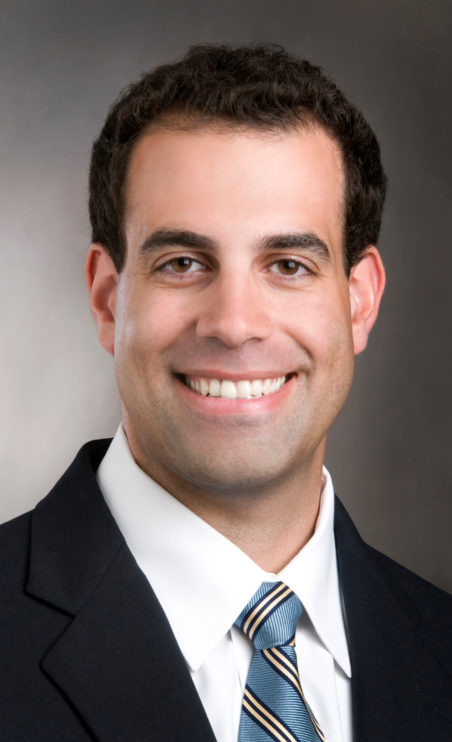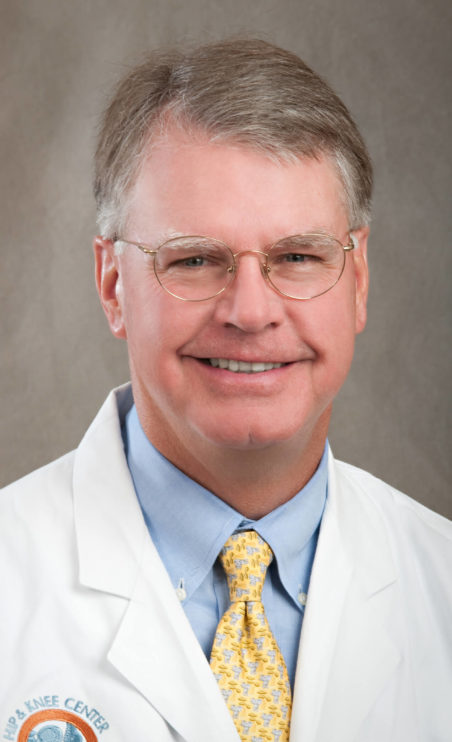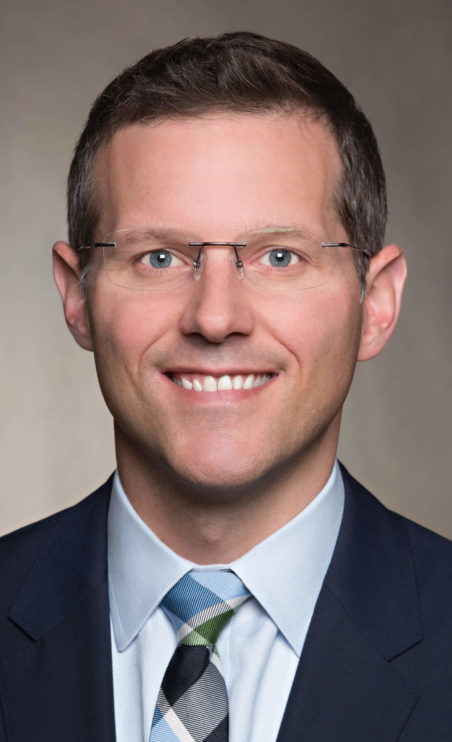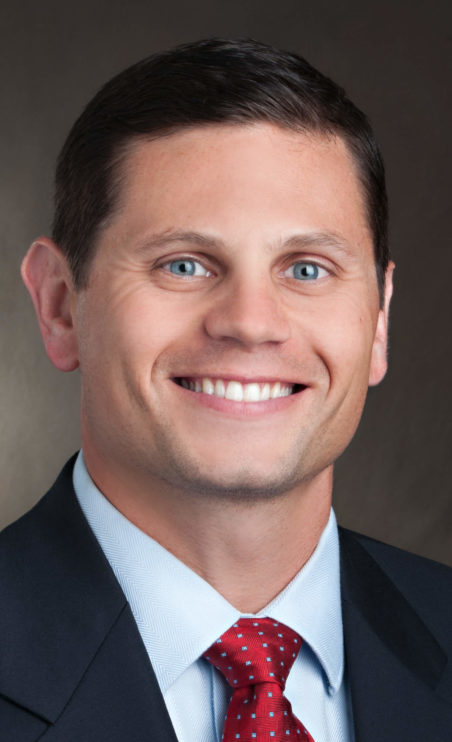The goal of the Carolinas Opioid Reduction Effort (CORE) Project strategy is to find alternatives to opioids and disseminate findings to patients, providers, and healthcare systems in the Carolinas and beyond. The project focuses on reducing avoidable opioid prescribing and consumption in elective orthopedic surgery.
The CORE Project is a clinical trial involving hundreds of patients from multiple orthopedic subspecialty clinics within OrthoCarolina — Foot & Ankle, Hand, Hip & Knee, Spine, and Sports Medicine.
This initiative has developed out of a study that was conducted by Dr. Nady Hamid for patients needing a total shoulder arthroplasty. Patients in that study gave consent to be placed into a group receiving a non-opioid, multi-modal pathway. Results from that smaller study showed that treating patients without opioids was a safe and effective way to manage post-operative pain following total shoulder arthroplasty.
In 2017, OCRI launched a larger randomized, controlled trial to further validate their findings. The study found the opioid-free protocol to be safe, and effective in managing pain post-surgery.
Now, this elective opioid-free pathway is being built into the standard of care at OrthoCarolina for patients who prefer treatment without opioids. OCRI is also working to study the adoption and implementation of this pathway and preparing to scale it across healthcare systems across the Carolinas.
This study is being funded through a multi-year research grant awarded by the Duke Endowment.




